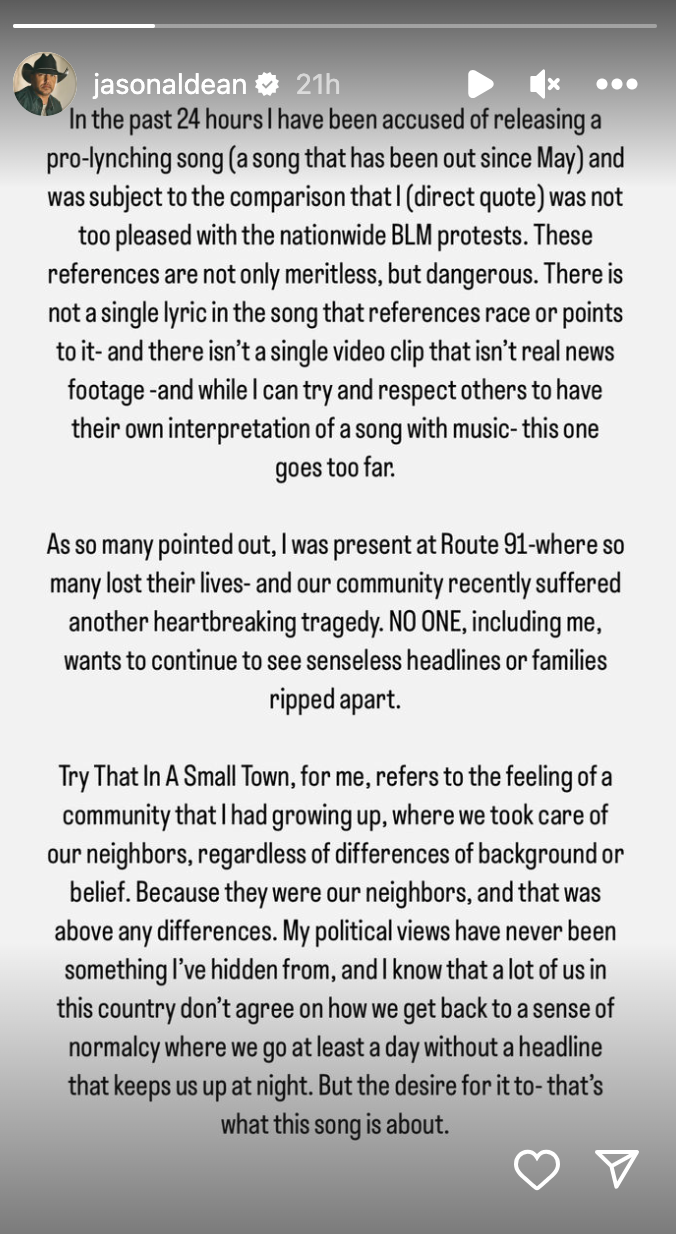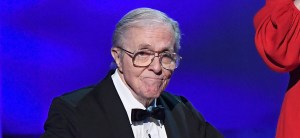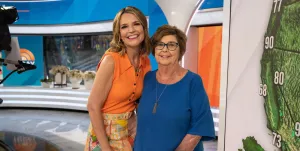Jason Aldean has responded to backlash surrounding his song “Try That in a Small Town” after Country Music Television pulled the music video from broadcast amid criticism that the lyrics were pro-gun and the music video was offensive. The music video, which was released over the weekend, was filmed in front of the Maury County Courthouse in Columbia, Tennessee, the site of the 1927 lynching of Henry Choate, and features footage of protestors rioting in cities in the wake of police brutality back in the early days of the pandemic.
“Got a gun that my granddad gave me / They say one day they’re gonna round up / Well, that s- might fly in the city, good luck / Try that in a small town / See how far ya make it down the road / You cross that line, it won’t take long / For you to find out, I recommend you don’t / Try that in a small town,” Aldean sings in the song, adding that “good ol’ boys, raised up right” take matters into their own hands by “taking care of our own.”
Videos by PopCulture.com

Tuesday, the country singer took to social media to deny that “Try That in a Small Town” was a “pro-lynching song,” saying the critiques have gone “too far.” He wrote, “In the past 24 hours I have been accused of releasing a pro-lynching song (a song that has been out since May) and was subject to the comparison that I (direct quote) was not too pleased with the nationwide BLM protests. These references are not only meritless, but dangerous. There is not a single lyric in the song that references race or points to it – and there is not a single video clip that isn’t real news footage – and while I can try and respect others to have their own interpretation of a song with music – this one goes too far.”
The statement continued in reference to Aldean surviving the 2017 Route 91 Harvest Festival mass shooting that killed 58 concertgoers, “As many pointed out, I was present at Route 91 where so many lost their lives — and our community recently suffered another heartbreaking tragedy. NO ONE, including me, wants to continue to see senseless headlines or families ripped apart.”
Aldean’s song, he added, “refers to the feeling of a community that I had growing up, where we took care of our neighbors, regardless of differences of background or belief. Because they were our neighbors, and that was above any differences.”
“My political views have never been something I’ve hidden from, and I know that a lot of us in this country don’t agree on how we get back to a sense of normalcy where we go at least a day without a headline that keeps us up at night,” he concluded. “But the desire for it to – that’s what this song is about.”








